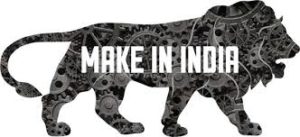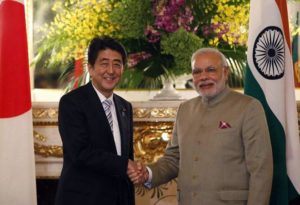
In a step towards a single-window clearance mechanism at the central level, the government plans to make the permanent account number ( PAN ) as the Business Identification Number (BIN) for companies and firms. The move is aimed at doing away with the need for separate registration with authorities ranging from the registrar of companies to the direct and indirect tax wings, the labour department and for export and import.
Currently, entities first need to get a Company Identification Number (CIN) from Registrar of Companies, followed by PAN from the income tax department and labour identification number. Sources said that the issue was discussed during a meeting called by industrial policy and promotion secretary Amitabh Kant late last month, where PAN issued to corporate entities by the Central Board of Direct Taxes (CBDT) was recommended as the unique ID for registration with all central government departments. This in itself will cut down the time taken for registration, said a source.
The government is also trying to make eBiz issue unique ID for all registrations. Although the eBiz project was conceived as the one-stop shop for all clearances from central, state and local authorities several years ago, it has not yet produced the intended results with even central government agencies not fully linked to the portal. The department of industrial policy and promotion (DIPP) is now going to make a fresh bid to get all agencies and their service providers (the private sector IT companies such as Infosys and TCS) to come on board for the project.
The entire exercise requires an overhaul and business process reengineering that some of the government agencies have pointed out would be time consuming and may not result in an immediate rollout. Private players have been reluctant to ensure compatibility of platforms used by various government departments. DIPP is trying to get everyone on board so that life becomes simpler for someone looking to start business in India.
Sources said the labour department has been asked to speed up things so that registration is completed in a day. Sources in the department, however, said that with each establishment, a subsidiary or an affiliate, requiring separate registration under various labour laws, the process becomes time consuming. Issuing BIN is part of an exercise to help India move up the ladder on ease of doing business rankings where it is currently ranked 155th among 189 countries. It takes around 29 days to complete the 14-15 procedures, compared to eight steps and 15.7 days in OECD countries. Separately, the government has initiated steps to speed up liquidation and restructuring of companies to make it easier to exit a business. The government is looking to move India among the top 50 countries on ease of doing business rankings. DIPP has separately initiated steps to ensure that steps for this year are taken before May-end.





